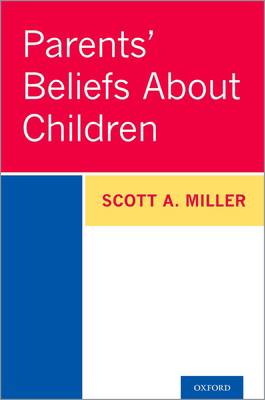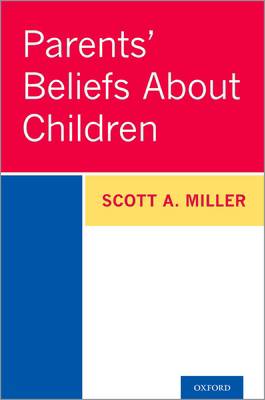
- Retrait gratuit dans votre magasin Club
- 7.000.000 titres dans notre catalogue
- Payer en toute sécurité
- Toujours un magasin près de chez vous
- Retrait gratuit dans votre magasin Club
- 7.000.0000 titres dans notre catalogue
- Payer en toute sécurité
- Toujours un magasin près de chez vous
Description
One of the most important questions in psychology is how best to nurture children's development. Parents' child-rearing practices are a major contributor to how their children develop, and parents' beliefs about children are a major contributor to how they treat their children. This book synthesizes a large and diverse literature on what parents believe about children in general and their own children in particular. Its scope is broad, encompassing beliefs directed to numerous aspects of children's development in both the cognitive and social realms that span the age periods from birth through adolescence. For each topic, this book seeks to ask four crucial questions: What is the nature of parents' beliefs? What are the origins of parents' beliefs? How do parents' beliefs relate to parents' behavior? And how do parents' beliefs relate to children's development? These questions tie into longstanding theoretical issues in psychology, they are central to our understanding of both parenting practices and children's development, and they speak to some of the most important pragmatic issues for which psychology can provide answers. Parents' Beliefs About Children brings together a vast body of scholarship in a new way, which makes the material accessible to both researchers in the field of child development and a more general readership.
Spécifications
Parties prenantes
- Auteur(s) :
- Editeur:
Contenu
- Nombre de pages :
- 440
- Langue:
- Anglais
Caractéristiques
- EAN:
- 9780190874513
- Date de parution :
- 26-12-19
- Format:
- Livre relié
- Format numérique:
- Genaaid
- Dimensions :
- 152 mm x 236 mm
- Poids :
- 793 g

Les avis
Nous publions uniquement les avis qui respectent les conditions requises. Consultez nos conditions pour les avis.






